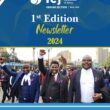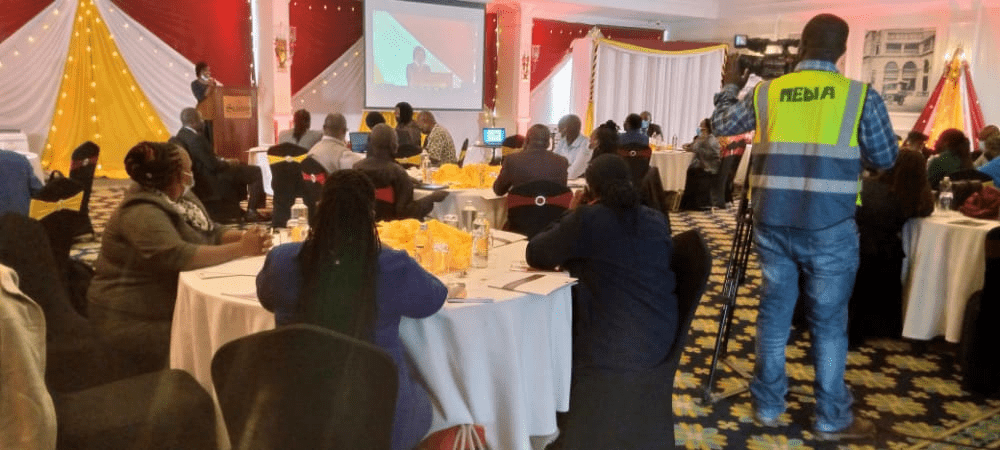By Susan Kendi
The National Legal Aid Service (NLAS), in collaboration with the Kenyan Section of the International Commission of Jurists (ICJ Kenya), launched the community paralegals training curriculum on Friday, January 21, 2022.
The training curriculum is intended to standardise the existing paralegals’ training and certification process and those interested in paralegal work in the near future.
Upon completing the course, the community paralegals will be awarded a training certificate by the accrediting institution. This will ensure the recognition of the paralegals and their significant role in society. ICJ Kenya has been coordinating six paralegal networks since 1996 in Trans Mara, Taita Taveta, Kwale, Meru, and Laikipia.
While making opening remarks on behalf of ICJ Kenya’s Executive Director, Elsy C. Sainna, Programme Officer Geoffrey Odhiambo noted that “paralegals have proven to be effective human rights instruments in access to justice throughout this period. The crucial role they play in alternative justice systems continues to be recognised by the organisations and communities they serve.”
“Paralegals are a pillar in enhancing access to justice through public education and free legal aid services in remote and marginalized areas with largely illiterate populations who do not know their rights,” he added.
The development of the community paralegals training curriculum was informed by a training needs assessment that unveiled technical and functional capacity gaps. The skills gap lay in: letter writing, community education, documenting evidence, clerical procedures, and skills in interviewing clients.
The needs assessment also recognised that some paralegals had gained considerable experience in dispensing justice; however, they do not have the academic qualifications to get certified. The development of the curriculum considered this and recommended that those without formal education be admitted to the programme after obtaining a certificate of experiential learning from the Council of Legal Education (CLE).
Apart from the needs assessment, the curriculum also considers the Legal Aid Act 2016, Legal Education Act 2016, and the Legal Education Regulations.
The curriculum excludes fundamentals of bookkeeping and accounting as steered by the Legal Aid Act 2016 that does not allow a paralegal to earn from a client or run an office by themselves. The curriculum does not entail commercial law and elements of business associations.
NLAS Board Chairperson Grace Thuku, in giving her remarks at the launch, referred to a recent news report regarding the tragic accident on Christmas day where a father, mother, and three children perished in an accident in Mombasa. Two children, three and ten years old, who survived the road accident were stranded at the Coast General Hospital after the brothers to the father, Robert Bundi, locked up their home, and the children could not even freshen up.
She emphasised that if the story and any other similar circumstances do not trigger them to respond and make the world a better place, we need to reflect on why we all go to work.
Related articles:












